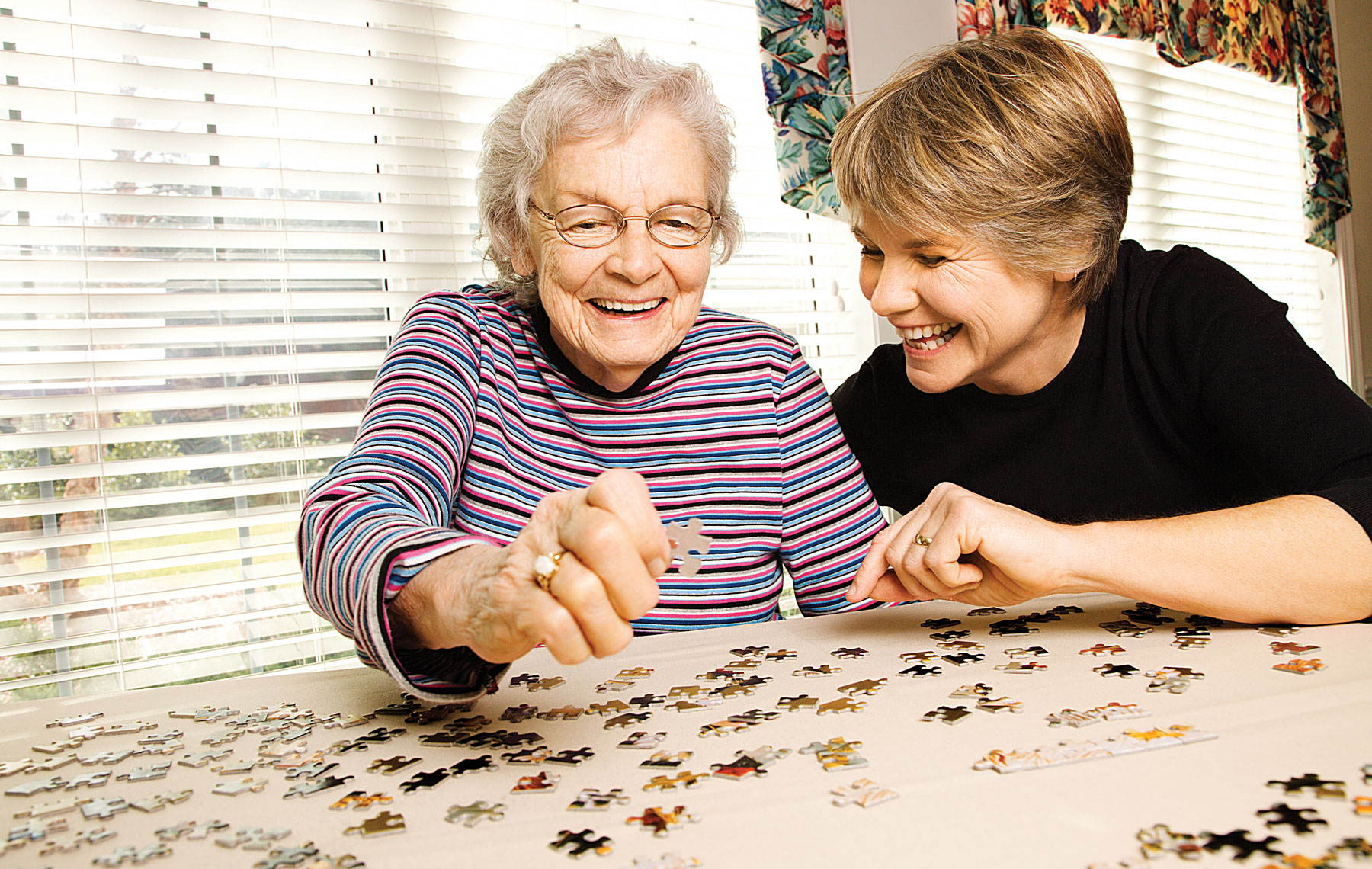
While Dorothy in “The Wizard of Oz” may have said, “There’s no place like home,” the reality today is that our aging parents might not be able remain at home until the end of their lives.
Let’s face it: Losing control over one’s life is the last indignity, so we want to honor our parents’ wishes for as long as possible. That’s the ultimate goal but it isn’t always realistic.
John Shore wrote on the Huffington Post on Nov. 11, 2011, “One of the most emotionally complex and difficult things a person can experience is taking care of an elderly parent.”
The adult children of elderly parents face one of the most difficult tasks imaginable: how to deal with their parents’ needs as their health declines. The experience triggers tremendous guilt and grief within themselves and potential emotional strain on their own immediate family.
Throw in the dynamics among siblings, addressing financial issues and a parent who may not be willing to accept this decline and embrace the help that is necessary to remain in a safe place. I have seen competent adults who can run a business and manage a family reduced to tears facing the reality that either Mom or Dad cannot live on their own any longer.
This is the time when family teamwork becomes critical. With the advent of all things electronic, create a “group chat” to discuss next steps. Do not be surprised if disagreements among siblings occur on Mom or Dad’s health needs and financial status. If you can all make an effort to be on the same page, it will help make this transition much smoother. Ask the important questions.
Are Mom or Dad frequently falling in the home? Are they taking medications as prescribed? Is the television set their best friend? Are they isolating and showing a lack of interest in socializing? Do Mom or Dad live so far away that it becomes a struggle to visit or keep tabs on their care? It might be time to consider moving them closer to children, even if it means moving them across the country.
“Although there is always an adjustment period, it always amazes me how many of my clients wish they had made this decision earlier.”
For those who can afford it, a live-in caregiver has always been an option. However, the costs can be exorbitant, and it doesn’t necessarily address the isolation and loneliness factor. Many seniors don’t like having someone “hovering” over them all day long. And, a child now has to manage a home with caregivers, schedules, etc. This can easily turn into a full-time job.
As a result of the aging population living well into their 80s and 90s, the advent of the independent and assisted living world has found its niche. These beautiful communities are now a booming industry that defies the old-fashioned notion that Mom and Dad are being sent off to the “home.”
These communities all share one thing in common: an endless list of activities, outings, lectures, and the celebration of every holiday imaginable. The social interaction that occurs during meals in the dining room cannot be matched with eating alone in front of a television set. And, romance has even been known to bloom! Think “cruise ship on land.”
If a move is inevitable, it is always a good idea to seek the guidance of a trusted physician whose judgment is valued. To avoid searching the internet for the right community, it is recommended to utilize a senior living placement specialist, who will listen to the needs of the family as well as educate and guide all members through the entire process, taking into consideration their budget, the community atmosphere and the specific care needs of the client. They simplify the process with their knowledge of the industry and make recommendations that become a fit for the client.
A recent UC San Francisco study revealed that elderly participants who reported “feeling lonely” saw a 45 percent increase in their risk of death, and those seniors who described themselves as “isolated” had a 59 percent greater risk of mental and physical decline compared to their more social counterparts.
The ultimate move to independent or assisted living can be seen as a positive and fun experience. Before making a final decision, involve Mom or Dad in the tours, lunches and social activities. Although there is always an adjustment period, it always amazes me how many of my clients wish they had made this decision earlier.
We can all agree that we want the very best for our parents as they near the end of their lives. When some of these issues are identified, this can be an excellent opportunity to spend quality time with our parents in a relaxed and vibrant atmosphere. Videotape their stories. Bring the grandchildren to visit as often as possible. Knowing they are safe and cared for is the best gift we can give to our elderly parents. As long as family members are nearby and visit often, the new home can easily replace the notion that there is “no place like home.”
Sandra Heller, a senior living advocate and placement specialist, is the owner of Compassionate Senior Solutions in Los Angeles.





















 More news and opinions than at a Shabbat dinner, right in your inbox.
More news and opinions than at a Shabbat dinner, right in your inbox.